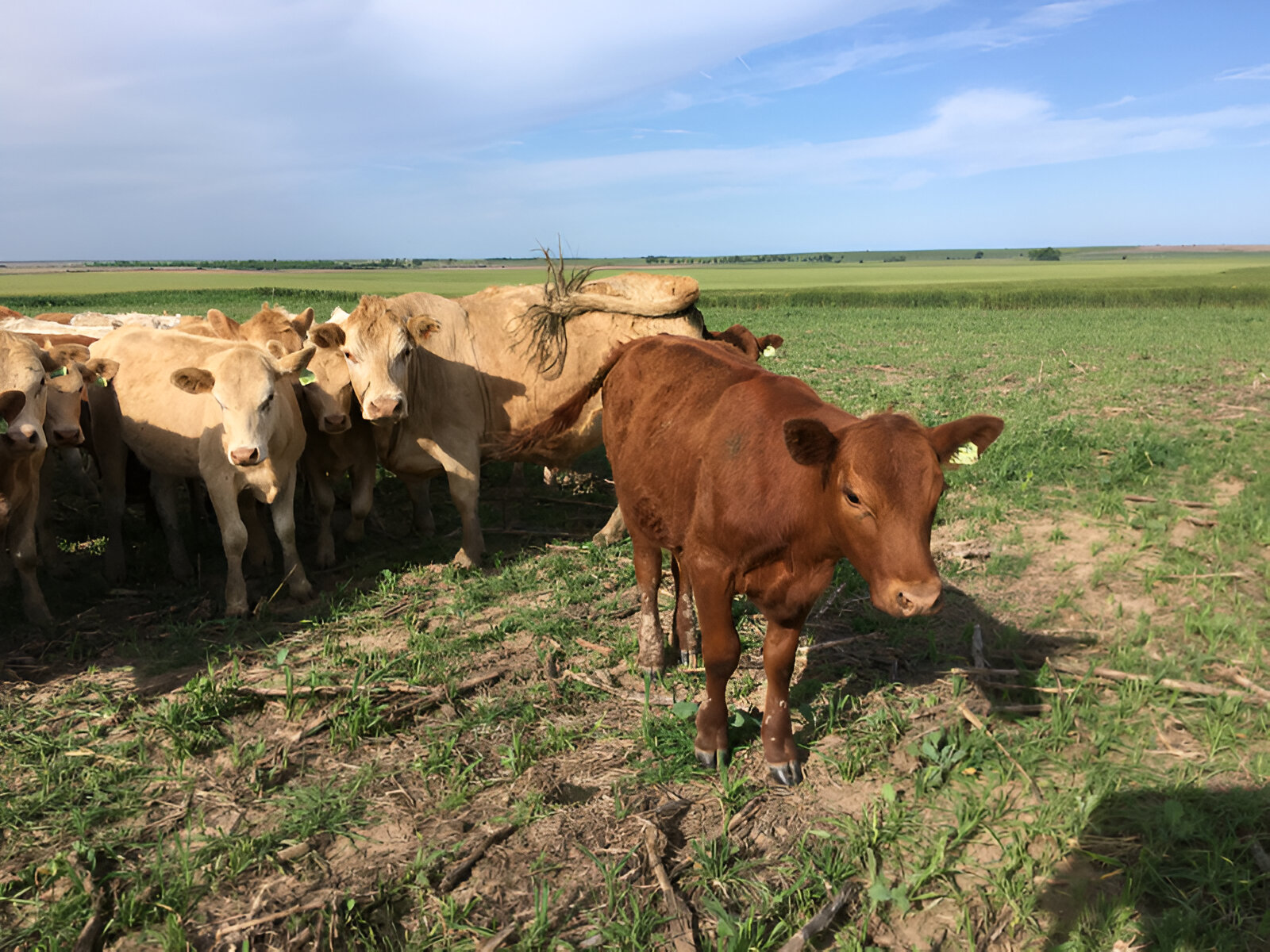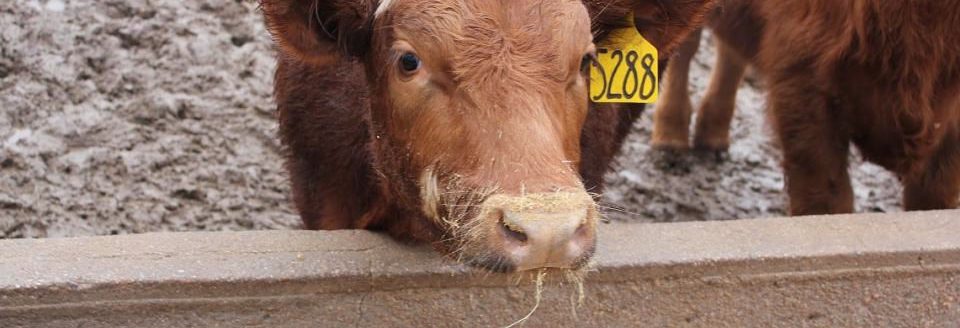Cargill invests $1 million in research to reduce methane from cattle

Cargill, a global food and agriculture leader, has issued a $1 million grant to Colorado State University to help fund the university’s AgNext research program. The contribution will support cutting-edge research aimed at promoting sustainable animal agriculture practices and reducing the environmental impact of the beef industry.
“Working closely with industry partners like Cargill, researchers and producers, AgNext is helping develop innovative, scalable solutions that move the livestock industry toward a more sustainable future,” said Kim Stackhouse-Lawson, director of AgNext and Co-Pl. “An important part of that is developing robust baseline greenhouse gas emissions from cattle.”
Cargill’s $1 million grant will address a critical agricultural challenge: enteric methane emissions from feedlot cattle, which are naturally produced during the digestive process.
Current U.S. Department of Agriculture guidelines rely on assumptions about the effects of different feeding strategies on methane emissions, such as grain processing combined with other feed additives. However, empirical data supporting these assumptions is lacking. AgNext will bridge the gap by conducting several groundbreaking experiments at Colorado State University’s Climate Smart Research Facility over the next two years.
The research will help determine the impact of different ingredients and additives in cattle diets on enteric methane emissions in beef steers fed typical finishing rations. It will also explore the additive effect of these ingredients and additives to determine if additional methane reduction is possible.
“Cargill is committed to working with researchers, farmers and ranchers to advance creative sustainability ideas and accelerate best-in-class conservation practices within the industry,” said Eliza Clark, Cargill protein and salt sustainability leader. “The knowledge generated from this innovative research will pave the way for testing new technologies in cattle feeding and continue to improve the reduction of greenhouse gas emissions in the beef supply chain.”



